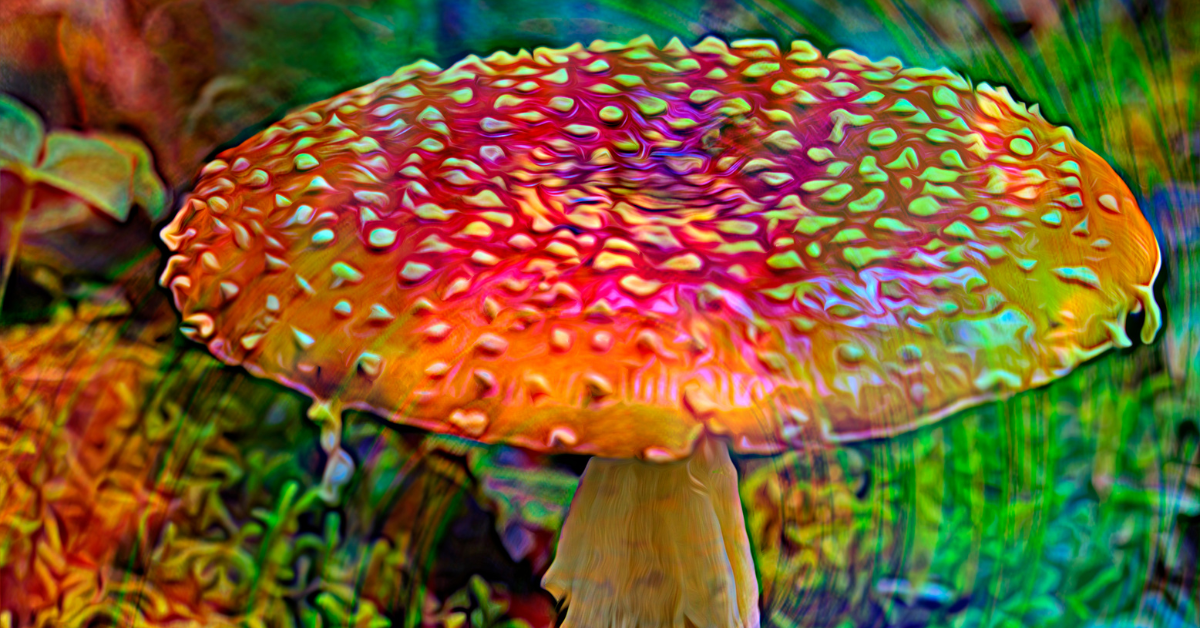
Embracing a Queer Nature: How Mushrooms Show Us Our Environment Isn’t Binary
If we’re critically thinking about it – mushrooms have incredible properties and life saving attributes (umm, hello penicillin). Penicillin G was first made from a penicillium fungus that occurs in nature.
Mushrooms show us that our environment is far from binary. Enter queer ecology: an emerging field that seeks to explore the connections between ecological issues and queer identities. At its core, queer ecology recognizes that the struggles for environmental justice and LGBTQ+ rights are not separate, but rather interconnected. By examining the relationships between nature, culture, and identity, queer ecology offers a new perspective on environmental issues and the ways in which they impact marginalized communities.
In this episode of Wild Virginia Virtual Coffee Talk, we discuss lawns, indigenous sciences, urban spaces overgrown nature taking over, The Last of Us, Abney Park in London, environmental racism, and how a lot of what we think looks good is actually really bad (for natural ecosystems and sustainability at large).
Mycophobia is a term used to describe the fear of mushrooms. This phobia can manifest in different ways for individuals, ranging from a mild discomfort around mushrooms to a more intense fear or anxiety when encountering them. Like other specific phobias, mycophobia can be triggered by various factors, or simply a lack of knowledge about mushrooms. It is important to note that while some people may have mycophobia, mushrooms themselves are a diverse and fascinating part of nature with many culinary, medicinal, and ecological benefits.
Meet Susan McHarris, the summer 2023 communications intern for The Nature Conservancy’s Virginia Lands and Lives Project, where her work explores the stories of under-represented communities through the lenses of conservation and environmental justice. She is also the author of “Traveling Through Time in the Virginia Pinelands.” Susan, originally from Portland, Oregon, is currently studying philosophy and environmental studies at Swarthmore College.
She joins the podcast to discuss the impacts of being accepting of a queer nature.
One of the key principles of queer ecology is the idea that all living beings and ecosystems are interconnected. This means that environmental degradation and climate change affect not only the natural world, but also human communities, particularly those who are already marginalized. For example, LGBTQ+ individuals are more likely to experience the impacts of climate change, such as displacement and economic instability. Queer ecology also acknowledges the importance of promoting diversity and inclusivity within the environmental movement, recognizing that environmental issues impact people of all genders, races, and sexual orientations.
Another important aspect of queer ecology is the idea of queering nature. This involves challenging traditional gender roles and heteronormative narratives that are often embedded in our understanding of the natural world. For example, the binary division of masculine and feminine is often applied to plants and animals, leading to the erasure of non-binary identities in the natural world. Queer ecology seeks to challenge these narratives and promote a more inclusive understanding of nature and the environment.
Queer ecology offers a unique perspective on environmental issues and the ways in which they intersect with LGBTQ+ identities. By recognizing the interconnectedness of all living beings and promoting diversity and inclusivity within the environmental movement, we can work towards a more just and sustainable future for all.